I said last week that I wasn’t worried about socialization when I started homeschool. That’s true. It didn’t even occur to me. I was more worried about . . . education. Most people I know who send their children to public school care deeply about their child’s education. So why is the most consistent question I am asked about socialization?
In most cases, whether the child is homeschooled or public schooled, children tend to be like their parents. In or out of school…if the parents are unique, generally the child will be too.
Many homeschoolers I know homeschool to avoid the public school social scene. A few people every year of my homeschool life have approached me to ask about homeschool precisely because their child is being bullied. Is this the socialization my children are missing?
Are You Sure This is the Socialization You Want?
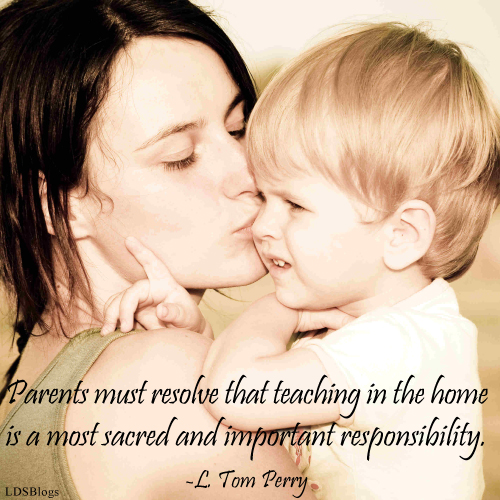 I read a shocking book a few years ago called A Sense of Self by Susannah Sheffer. She shares research which I have noticed on a more personal level. Young women ages 11-14, don’t naturally hate the way they look. They learn that. They learn that at public school. Homeschooled young women tend to feel confident in their education and in their self. They tend to be happier. That whole thing we all went through in junior high school. . . it’s not puberty . . . it’s public school socialization. I have eight daughters! I remember distinctly when my fourteen-year-old daughter asked me “Why don’t my friends think they are pretty?” She doesn’t think she’s a super model . . . but she doesn’t have a daily comparison with so many people her age. I have noticed this time and again with homeschooled girls. It’s amazing. It shocks me that what I thought was a frustrating but normal part of development . . . is socialization. Is that the socialization I’m missing out on?
I read a shocking book a few years ago called A Sense of Self by Susannah Sheffer. She shares research which I have noticed on a more personal level. Young women ages 11-14, don’t naturally hate the way they look. They learn that. They learn that at public school. Homeschooled young women tend to feel confident in their education and in their self. They tend to be happier. That whole thing we all went through in junior high school. . . it’s not puberty . . . it’s public school socialization. I have eight daughters! I remember distinctly when my fourteen-year-old daughter asked me “Why don’t my friends think they are pretty?” She doesn’t think she’s a super model . . . but she doesn’t have a daily comparison with so many people her age. I have noticed this time and again with homeschooled girls. It’s amazing. It shocks me that what I thought was a frustrating but normal part of development . . . is socialization. Is that the socialization I’m missing out on?
Is it the bus rides? Is it the locker room? Is it the cliques? What is this socialization people want my children to have? Should my children be texting more? Or “not talking” in class more?
I don’t think public school is all bad. I don’t. I had great friends. I was successful in public school. My husband teaches in a public school. I don’t think the social life in school is all bad.
Socialization is the process of disseminating culture and customs to an individual to prepare them to appropriately participate in society. Which part of your public school life did that? Parents teach children language-the key to culture. Parents teach children basic human interactions and moral reasoning. Most socialization happens really young!
What most people really mean when they say socialization is…diversity. When you think of your public school social life…did you generally associate with people who were vastly different from you? Is public school likely to lead to increased thinking and greater love? Is that what you think of when you think of your public school experience? A greater love for diversity?
How Homeschool Socialization Works
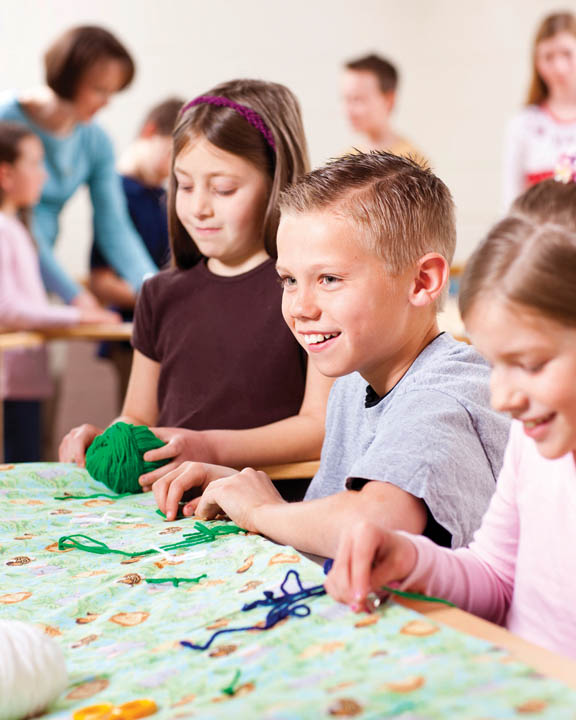 Here is a glimpse into what a homeschooler’s social life looks like:
Here is a glimpse into what a homeschooler’s social life looks like:
1- The most critical aspect of our homeschool social life is park day. The importance of that cannot be under estimated in the life of a homeschooler! We meet together weekly. Our children play. The younger ones run all over, climbing and digging and playing fairies, or bad guys or elves. They also generally find mud. The older ones play games, talk, run around, listen in on the adults, and sometimes help with the children. The adults talk and parent and talk and parent. We share our frustrations and questions and embarrassments and fears and joys. Generally from park day or from the homeschool group, other activities develop. Smaller groups get together to paint or play or talk or have a game night. You know . . . like friends.
Park day is necessary. It is fabulous. It can’t be encapsulated in one paragraph. I have had homeschool groups as huge as 200 or as small as 10. But we meet and laugh and play and have fun together. Some of my groups have been very diverse, with people from different religions, ethnicities and financial situations. Some of our groups have been more homogenous.
2- Special interest activities- These activities are totally dependent on the interest of each child. We have been a part of Shakespeare plays, science fair, choir, sports, Scouts, horse club, museum classes, a teen art club, and service activities. Over 100 homeschoolers got together to dig and make clay. We have had a Passover service, countless field trips, small group classes and a very memorable catapult marshmallow war. My older teens have gone to homeschool prom.
Most homeschool parents frequently face the problem of too many activities outside the home. Even a casual look around the community could keep my children out of our home every day and very busily involved. We regularly review our schedule and limit the activities that are not best meeting the needs of our family.
3- Church- we attend church weekly. We have youth activities weekly. We have church camps in the summer. As members of the Church of Jesus Christ of Latter Day Saints, whose members are sometimes nicknamed Mormons, my high school aged children attend a daily scripture study class at six in the morning. That’s a very sleepy socialization! Church provides many opportunities for us to serve each other and meet together. It provides opportunities for my children to lead and speak and worship with friends.
4- Parents and family. I had children because I like them. I want to make an impact on the lives of my children. I want to teach them to cook and do their laundry. I want them to understand family budgets and how to care for a baby or their grandpa. There are definitely things I hope they learn from me. I feel children learn better from a good model and not a struggling one. Children are more likely to learn appropriate social skills from an adult than another child their age. I am by no means perfect, but I hope that if you have spent any time in a public school, you will find at least as reasonable as their peers as a model for culture and morality. While my children are young and impressionable, I want to be the critical force in their lives. I do not expect them to be like me.
My children spend a lot of time with each other. When I come upon my 16-year-old reading to her 12 year old sister, I smile. I find my 14-year-old son crawling around on the floor with his 1year old sister, that’s socialization. My children learn to get along with each other. They share what they are learning with each other. They inspire each other. That is a very beautiful thing.
If you are currently homeschooling and you get the socialization question, I suggest you ask what aspect of public school socialization they want for children.
If you are thinking about homeschooling and concerned about socialization…ask yourself why? What do you want your child to be like when they are an adult? Will public school really help with that?
If you aren’t currently homeschooling, next time you meet a homeschool family, consider asking what great books they’ve read lately, because they are getting plenty of socialization.
Britt grew up in a family of six brothers and one sister and gained a bonus sister later. She camped in the High Sierras, canoed down the Colorado, and played volleyball at Brigham Young University. She then served a mission to South Africa.
With all of her time in the gym and the mountains and South Africa, she was totally prepared to become the mother of 2 sons and soon to be 9 daughters. By totally prepared she means willing to love them and muddle through everything else in a partially sleepless state. She is mostly successful at figuring out how to keep the baby clothed, or at least diapered, though her current toddler is challenging this skill.
She feels children naturally love to learn and didn’t want to disrupt childhood curiosity with worksheets and school bells. She loves to play in the dirt, read books, go on adventures, watch her children discover new things, and mentor her children. Her oldest child is currently at a community college and her oldest son is going to high school at a public school. She loves to follow her children in their unique paths and interests.
She loves to write because, unlike the laundry and the dishes, writing stays done. Whenever someone asks her how she does it all she wonders what in the world they think she’s doing.

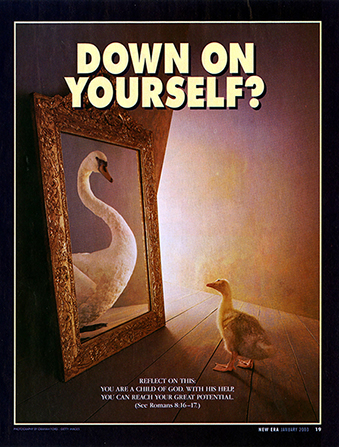
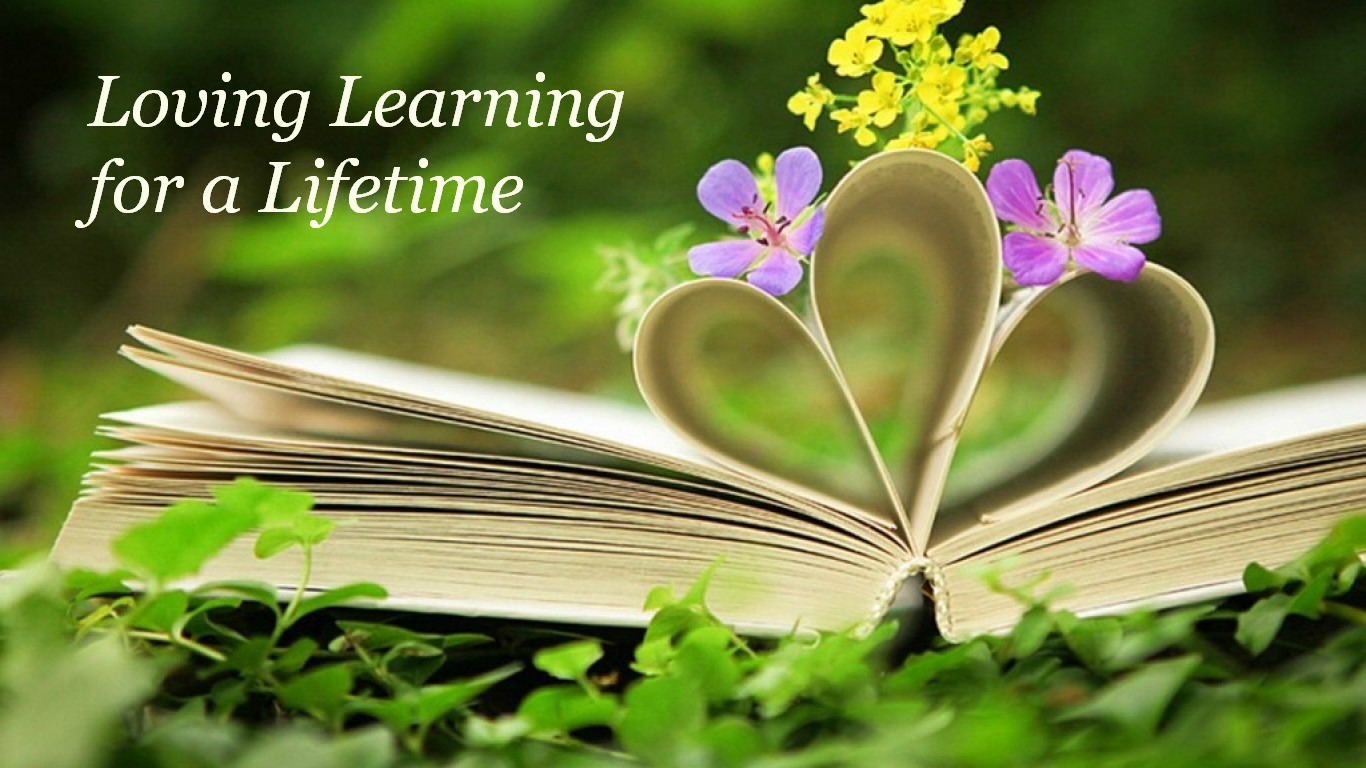

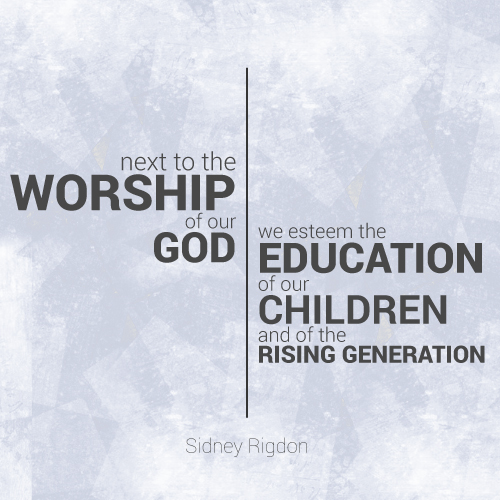
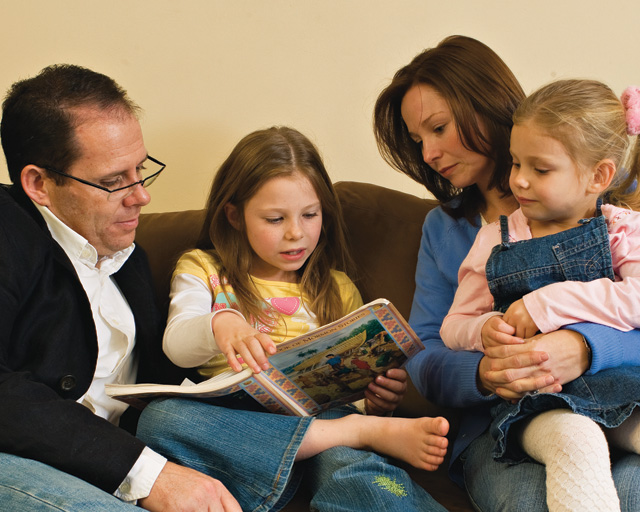


After being asked about socialization a million times, I started wondering why we didn’t just stop building schools and just require kids to go to the park every day–it seemed like that was what people thought the point of school was.
I went to public schools and had terrible social skills. I preferred books to people. My kids, who were homeschooled, had lots of friends and loved people, so to me, the idea that going to school gave you social skills never made any sense. I learned my social attitudes from my parents, who were also bookworms. My kids, fortunately, took after their dad, who is a people person (although they also like books, just not more than people). I think kids tend to model their parents when it comes to socialization.
Terrie, I bet you have been asked a million times! I’ve only known you online, so it’s odd to think of you as shy. The comfort of a keyboard and the shelter of our own home can allow even the shyest person a greater voice!
The old psychology debate is nature vs nurture. It seems to me there is genetics (nature), something intrinsic to that person, and nurture. Although children generally end up like their parents…there is also something so unique to that person that can take them a different way.
I didn’t address that uniqueness in the article.
I also went to public school and had terrible social skills. When I finally learned correct skills it was after any public schooling. Every homeschooled child I have met has had better manners than any public schooled child. Public schooled children usually don’t even look you in the eye or say, “hello” . The proof is in the pudding.
Thank you so much for this post.
Anne, thanks for sharing. Many homeschoolers are polite. I’m glad you’ve had that experience, AND taken the time to improve your social skills.